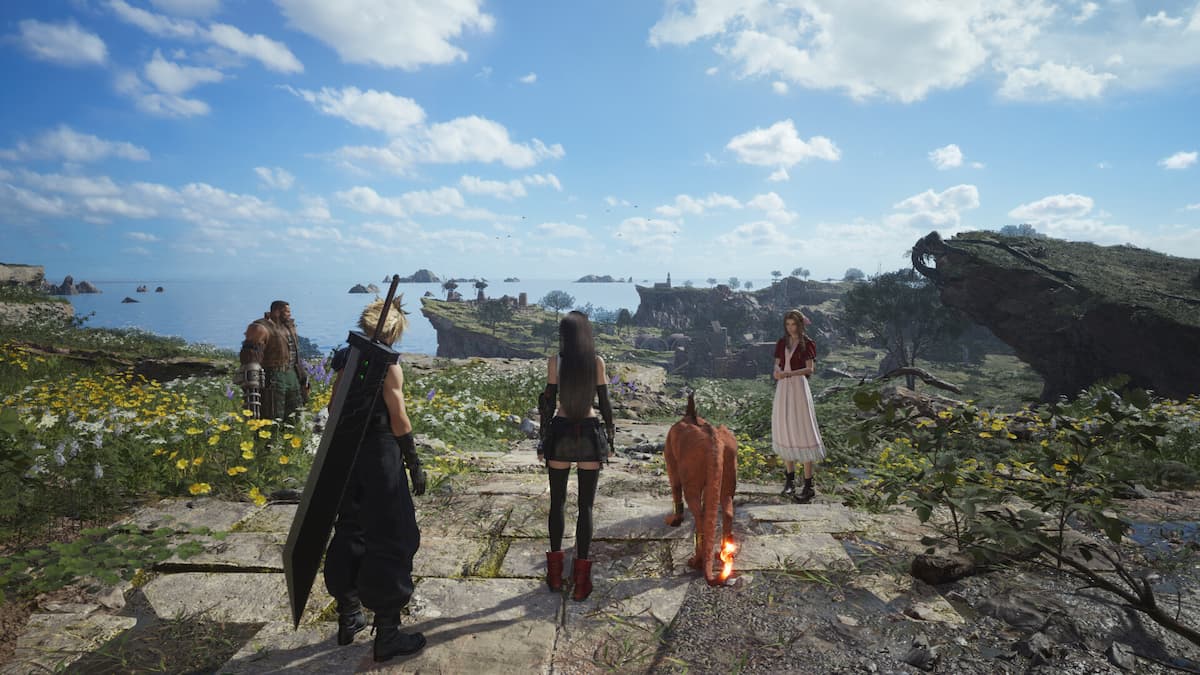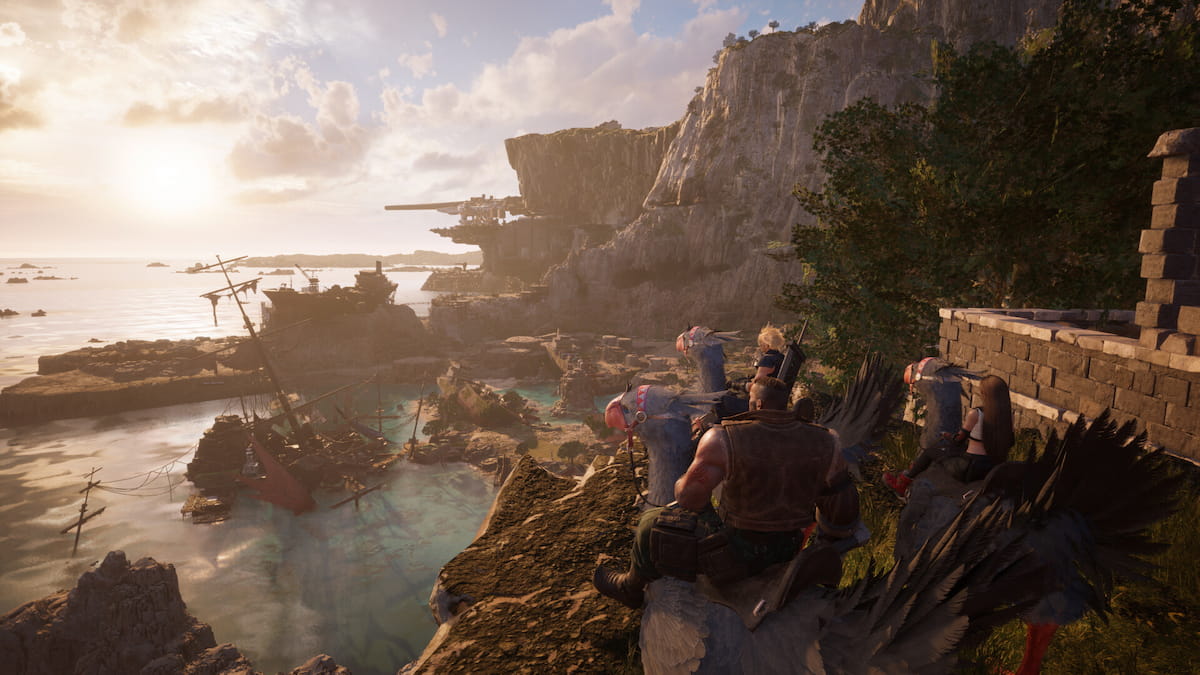As you level up in Final Fantasy 14: A Realm Reborn, you gain the ability to distribute attribute points. Almost every time you level up, you will be able to distribute another attribute point until you reach the maximum of 30 additional attribute points. For the most part, where to put your points depends on which class or job you’re playing as, but there’s some additional wiggle room depending on your play style. Points can be placed into Strength, Vitality, Dexterity, Intelligence, Mind and Piety.
Arcanist / Scholar / Summoner – Attribute points are tied to your class, which is fine for most class to job transitions, but a bit more complicated when it comes to transitioning from an Arcanist to a Scholar or Summoner. An Arcanist and Summoner base their damage on Intelligence. You want to increase your Intelligence with every additional attribute point to inflict as much damage as possible. However, a Scholar is a healer, which means damage is secondary by a long shot. As a Scholar, you need to put all of your attribute points into Mind.
While you can reset your points using the Keeper’s Hymn item purchased through your Grand Company, you can never be the best Scholar and the best Summoner simultaneously (based solely on attribute allotment). Unfortunately you have to either pick one job over the other, or be average at both by putting 15 points into Mind and 15 points into Intelligence. There are rare occasions when a Summoner will need to back-up heal, but this does not happen often.
If you have multiple jobs, your best bet is to look at those jobs to determine where your points should go. For example, if you have a White Mage that you enjoy playing, you may feel more comfortable putting your points into Intelligence because you can also heal on your White Mage instead of your Scholar. Likewise, if you have a Black Mage that you enjoy playing, you may feel more comfortable putting all of your points into Mind because you can always play Black Mage instead of Summoner when you want to be a magic damage dealer (DPS).
Archer / Bard – The only stat that really matters to an Archer or Bard is Dexterity. This stat is the biggest determining factor (aside from weapon damage) for ranged damage. You will see a bigger damage increase from putting points into Dexterity compared to any other stat. If you’re more focused on playing Bard as a support job, you can make an argument that Piety could be useful because it increases your MP pool, but even in this case, it’s rare for a Bard to run out of MP, and the small boost you’d receive from more Piety won’t make much of a difference.
Conjurer / White Mage – Mind is the primary attribute for a Conjurer and White Mage. It directly controls the healing potency of your cure spells, which is the most important aspect of a healing class. With that said, if you place points into Piety it will increase your total MP pool, which can be beneficial to a White Mage. The key point to note if you wish to use points in Piety instead of MP is that one point of Piety is only equivalent to eight MP at level 50. Even if you put 10 points into Piety (one-third of your allotment), that’s only 80 MP at level 50, which isn’t much of a boost at all when most White Mages should already have over 4,000 MP with decent gear.
Gladiator / Paladin – Vitality is the primary defensive stat for tanks. As a tank with minimal DPS potential, Gladiators and Paladins should always focus on Vitality when using attribute points. While MP does factor into the play style of a Paladin, especially when Flash is concerned, the advantage of having a bit more MP does not outweigh the importance of Vitality, especially as a Paladin since your HP pool is lower than that of a Warrior.
Marauder / Warrior – While Vitality is the most important stat for a Marauder or Warrior, they have a bit more leeway compared to a Gladiator or Paladin. By the time a Warrior reaches level 50, they have enough skills to dish out a decent amount of damage. It doesn’t quite compare to a DPS job such as Monk or Dragoon, but it’s far more damage than most Paladins can muster. In addition, Warriors have a huge HP pool, which means the additional Vitality isn’t quite as important as it is to a Paladin (although Warriors have lower defense). If you find yourself off-tanking in a role that would benefit from more damage output, it isn’t out of the question to put a few points into Strength to increase your total damage.
Lancer / Dragoon – The only stat that’s truly important to a Lancer or Dragoon is Strength. It is the primary stat that determines damage output (aside from weapon damage), and should be your main focus when distributing attribute points.
Pugilist / Monk – Just like a Lancer or Dragoon, damage output is the primary job of a Pugilist or Monk, and Strength is the most important stat when it comes to dishing out big damage. Focus on Strength with each attribute point you add to ensure that you inflict as much damage as possible.
Thaumaturge / Black Mage – As a magic DPS, both the Thaumaturge and Black Mage thrive on Intelligence. With each additional attribute point, add to Intelligence to increase your overall damage output. Unlike the other magic-based classes and jobs, Black Mages and Thaumaturges do not need to worry about MP. When played correctly, they have a virtually endless supply of MP, which means that adding points to Piety would be useless. In addition, with skills such as Manawall, they have protection in the event they pull hate from the tank, which means Vitality would also be wasted.





Published: Apr 18, 2014 1:31 AM UTC